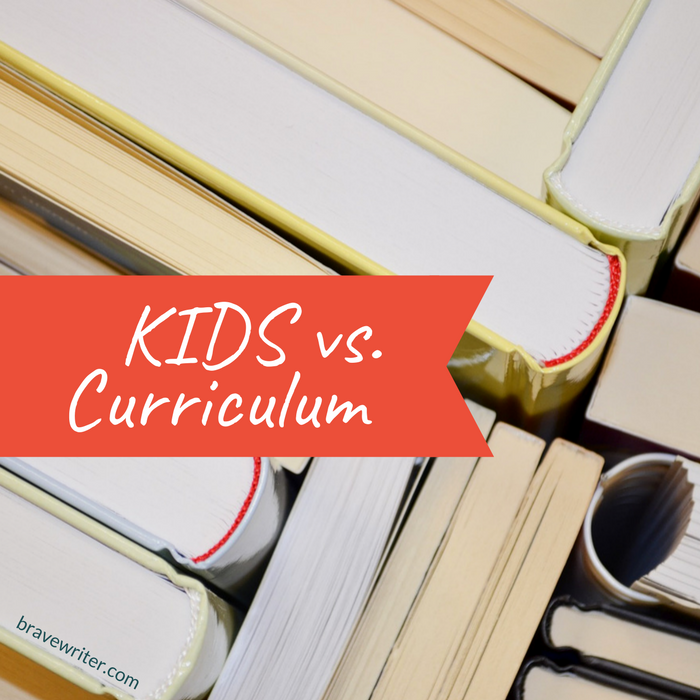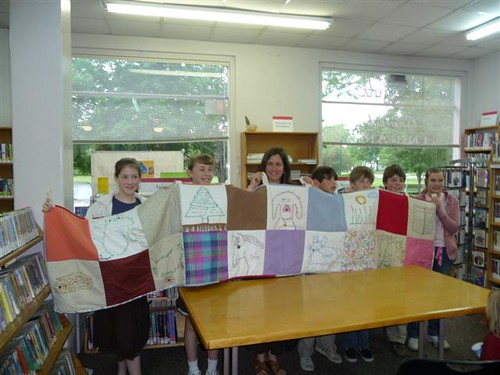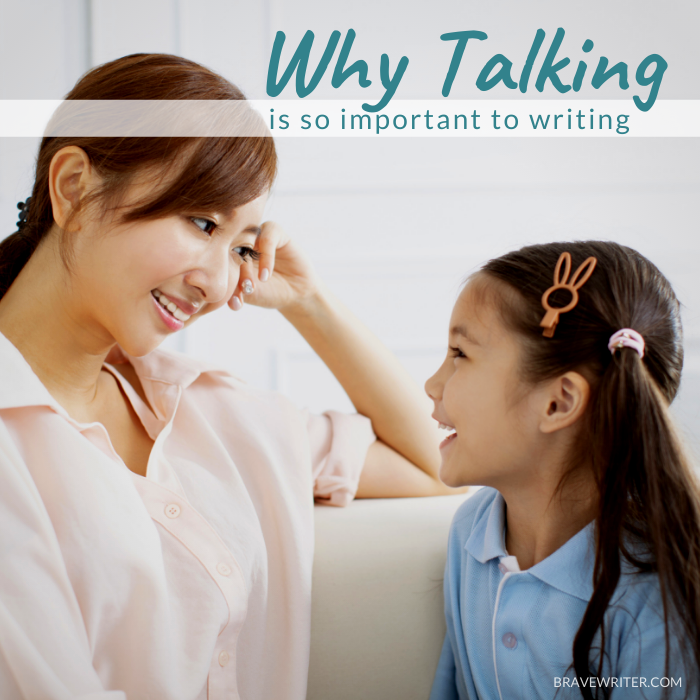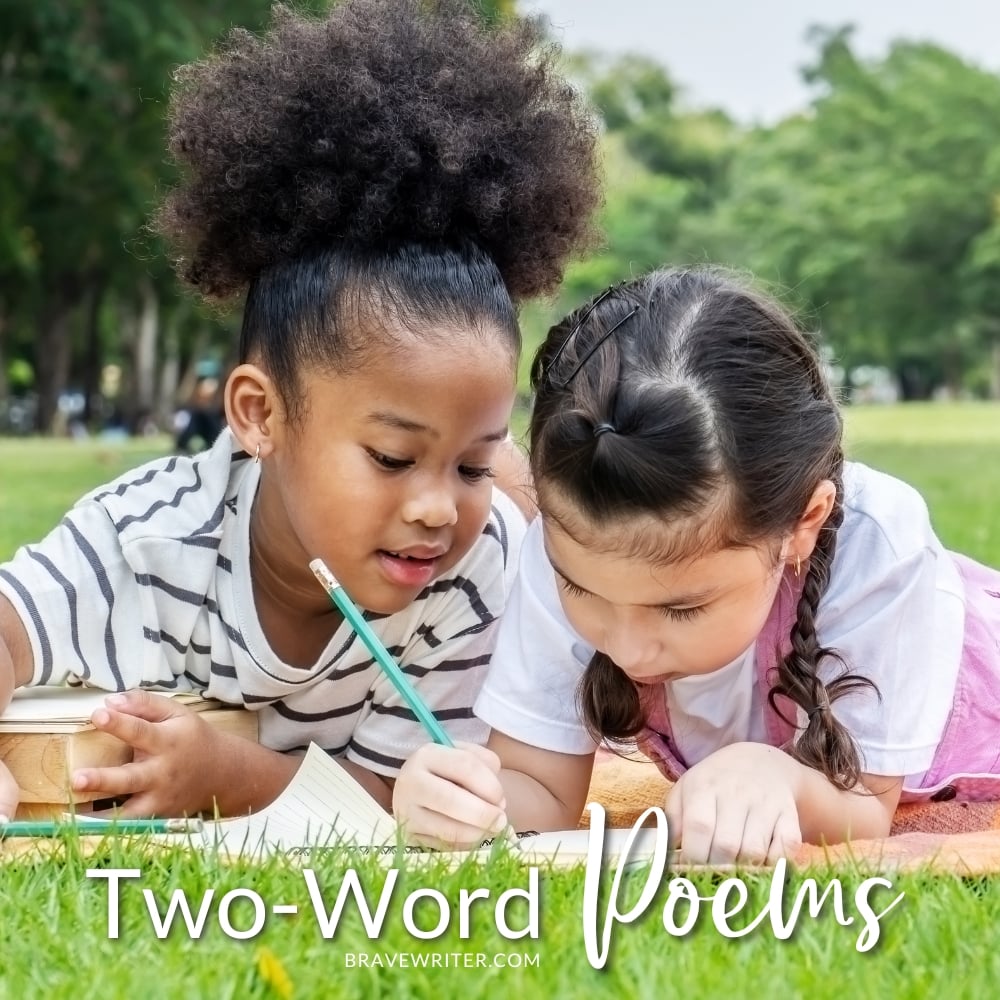
Here are a pair of responses that came after I shared the Real Writing message the last time. I thought I’d throw them out again for your consideration.
Dear Julie,
I just have to comment! The best thing I EVER did in our homeschooling adventure was to permanently shelve all the curricula that “teach real writing”. It happened when my incredibly verbose but extremely “grapho-phobic” (syn. “reluctant writer) third-grade son just kept on staring at a blank page trying to come up with something to write about “Tom the Thanksgiving Turkey.”
“I don’t care about Tom the Turkey. It’s a stupid assignment.
Well, do you blame him? Frankly, I didn’t care about Tom either! In fact, I was tired of the tense times associated with writing. So, we shelved it all. Instead, we concentrated on reading, and talking, and letter writing, and more talking, and more reading. At times, he dictated to me what needed to be recorded. I felt a bit negligent, and, on occasion, did look over my shoulder to make sure the Writing Gestapo wasn’t snooping around.
A breath of fresh air blew in when I attended your workshop on Helping the Reluctant Writer. Validation at last! I bought The Writer’s Jungle and have never looked at another writing curriculum since.
Fast-forward seven years: My reluctant writer is as competent with a pen as with his persuasive tongue! Last year, I did purchase the Help for High School, and he worked through it pretty much independently. Since the axiom “think before you speak” has always been important in our home, organizing thoughts on paper for academic writing has not been an issue. I do have to admit, he still doesn’t write for fun. However, what he puts on paper is fun to read (even essays).
Here’s the cherry on top from my now 16-year-old young man. “Mom, I’m glad we did all that Brave Writer stuff. I can just sit down and write whatever I need to write. It’s just no big deal anymore.
Wonderful, because he is starting college courses this fall.
Here’s to REAL and ALIVE writing (even essays and reports)!
Victoria
And ironically, the other one is by another Vicky:
Julie,
I would just like to add my 2 cents in support of what you just wrote. I have 2 boys in college- one at MIT and one at UVa, both homeschooled the whole way. They are obviously very smart guys, and tested well. However, using every writing program under the sun, (except yours), I slowly taught them to hate writing.
My 10 year old was a natural writer, until I started teaching her writing. She was following the road of hating it too. Then I discovered you. For 2 years, I just used your blog and free suggestions. I just recently purchased The Writer’s Jungle and use it loosely. My girl has rediscovered the joy of writing. As a result, she wrote a 20 page research report (4th grade) on carnivorous plants, and a 30 page book utilizing as many words as she had never heard or learned the meaning of, incorporating them into a delightful saga of the adventures of her beloved pets.
These were her own ideas, and she would beg to do them. I didn’t need a language arts, vocabulary, or spelling program, or even literature as she would teach all these things herself in her delight with her own writing creations.
I too feel a bit of fear that maybe she is not getting everything she needs but she tests at a college level in language art skills and I suspect the less I intrude upon her natural drive to learn at this point, the better off we all will be.
I cannot emphasize enough that writing programs, good ones, were killing her desire to write.
Thank you from the bottom of my weary 14 years of homeschooling heart.
Blessings,
Vicky
Help for High School and The Writer’s Jungle are the two products designed to help you discover how to get to the kind of writing these moms share about.























